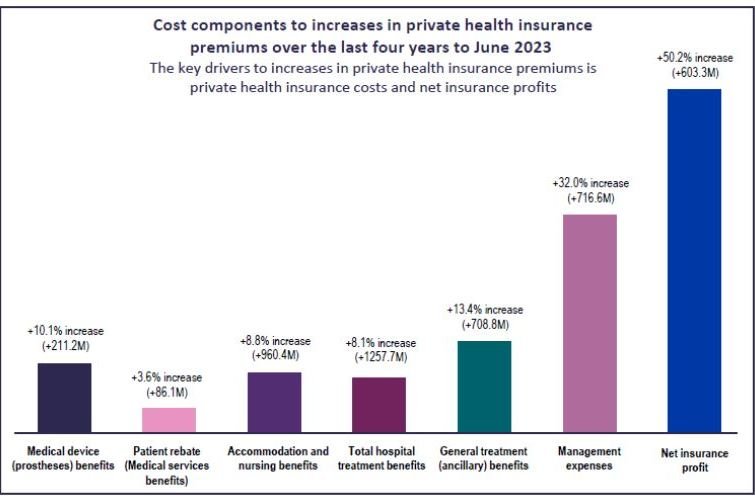, Women’s Legal Centre ACT and YWCA Canberra joint media release.
Today on Equal Pay Day 2020, the ACT Council of Social Service (ACTCOSS), YWCA Canberra and Women’s Legal Centre ACT have joined together to highlight the ongoing financial insecurity and gender pay gap experienced by women in Canberra.
As of August 2020, using Australian Bureau of Statistics (ABS) data, the Workplace Gender Equality Agency (WGEA) calculated the national gender pay gap as 14.0% for full-time employees, a difference of $253.60 per week, with the gap in the Healthcare and Social Assistance industry standing at 21.3%.
ACTCOSS CEO Dr Emma Campbell said: “Although the median income of women in the ACT is higher than the national average, it is still significantly lower than men. In 2019, the gender pay gap in the ACT was 12.9%.
“We know that women’s increasing participation in the workforce is concentrated in part-time work, which significantly reduces their income.
“While participation in part-time work allows for flexible working, it reminds us that women are disproportionately responsible for caring in families. The cost and availability of childcare, and the lack of supports for carers, are a major barrier to women’s participation in employment.”
Frances Crimmins, YWCA Canberra CEO, said: “The ACT Government can take action on childcare reforms and improve the gender pay gap. This includes lobbying the Federal Government to support equal pay for educators and funding the extension of universal access to early childhood education and care to three-year-old children.”
Ms Crimmins said: “YWCA Canberra is acutely aware of the impact of the gender pay gap and women’s poverty in Canberra; we deliver critical services, including housing for older women no longer able to afford rent.
“The short-term gender pay gap has significant, long-term consequences, in particular, women retiring with little or sometimes no superannuation and having much fewer savings to draw upon in times of crisis. This is especially concerning for young women accessing superannuation early through the Australian Government’s COVID-19 Early Release of Super scheme.”
Bethany Hender, Head of Employment and Discrimination Practice, Women’s Legal Centre ACT, said: “While we can measure it in cents, the impacts of the gender pay gap are profound and limit women’s choices and options throughout their lives. It can be a key reason women are more likely than their male partners to reduce their work hours, take time off, or resign completely to attend to caring or domestic duties.
“The impacts of the gender pay gap can prevent women from leaving an abusive relationship. We can see it in the high rate of poverty among women, particularly single parents. It is a contributing factor to women’s lower superannuation balance and is one of the reasons older women are the fastest growing cohort of homeless people in Australia today.
“In a country that believes in the equal ability of all its people and the value of safety and security for women, the enduring gender pay gap is an unacceptable obstacle to women obtaining financial independence,” Ms Hender said.
Dr Campbell continued: “The impact of the gender pay gap on women’s ability to access safe and secure housing is one reason ACTCOSS is calling on the next ACT Government to significantly increase its investment in public and community housing.
“Canberra’s housing affordability crisis disproportionately impacts older women, single mothers and women impacted by domestic and family violence.
“Today we also echo calls from ACOSS for the Federal Government to commit to equal pay for community sector workers by continuing the Equal Remuneration Order supplementation – one of the most effective steps to addressing the pay gap.
“Last week the ACT Government responded to our calls and committed to maintaining pay levels for community sector workers, the majority of whom are women. It’s now time for the Federal Government to commit to fair funding, to ensure that women in our workforces retain their pay and our communities continue to receive the support they need,” Dr Campbell said.







